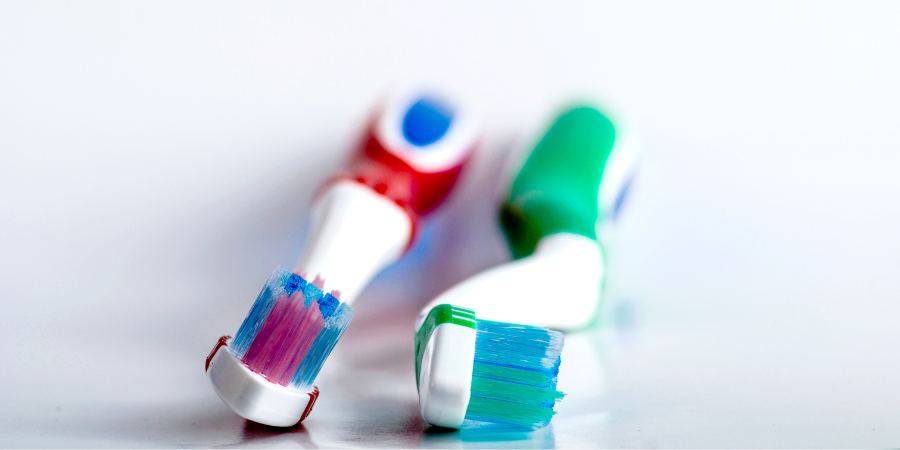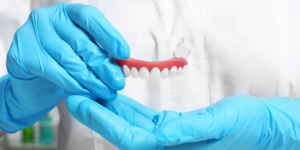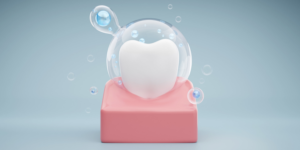Maintaining good oral health is essential for overall well-being. A healthy smile not only boosts confidence but also indicates good oral hygiene practices. Here’s the ultimate oral health checklist consisting of 15 steps to ensure a radiant smile and optimal dental health.
1. Introduction
Your oral health plays a significant role in your overall health. Neglecting oral hygiene can lead to various dental problems such as cavities, gum disease, and bad breath. By following a comprehensive oral health checklist, you can prevent these issues and maintain a healthy smile for years to come.
2. Regular Dental Check-ups
Schedule regular dental check-ups with your dentist at least twice a year. These appointments allow your dentist to assess your oral health, detect any potential problems early, and provide professional cleaning to remove plaque and tartar buildup.
3. Brushing Techniques
Proper brushing techniques are crucial for effective plaque removal and gum health. Use a soft-bristled toothbrush and fluoride toothpaste. Brush your teeth at least twice a day for two minutes each time, covering all surfaces of your teeth and gums.
4. Flossing Daily
Flossing is as important as brushing for maintaining oral hygiene. It helps remove food particles and plaque from areas that your toothbrush cannot reach, such as between teeth and along the gumline. Make it a habit to floss once a day, preferably before bedtime.
5. Mouthwash and Its Benefits
Incorporate mouthwash into your oral care routine. Mouthwash helps reduce plaque, fight bacteria, and freshen breath. Choose a mouthwash that contains fluoride and antimicrobial properties for added protection against cavities and gum disease.
6. Healthy Diet for Oral Health
A balanced diet plays a significant role in maintaining oral health. Limit sugary and acidic foods and beverages as they can contribute to tooth decay and erosion. Instead, focus on consuming nutritious foods rich in calcium, phosphorus, and vitamins essential for strong teeth and gums.
7. Limiting Sugary Snacks and Drinks
Excessive consumption of sugary snacks and drinks can wreak havoc on your teeth. Limit your intake of candies, sodas, and sweets to prevent tooth decay. Opt for healthier alternatives like fruits, vegetables, and dairy products.
8. Importance of Hydration
Drink plenty of water throughout the day to keep your mouth hydrated and wash away food particles and bacteria. Water also helps stimulate saliva production, which plays a crucial role in neutralizing acids and remineralizing tooth enamel.
9. Avoiding Tobacco Products
Tobacco products, including cigarettes and smokeless tobacco, pose serious threats to oral health. They increase the risk of gum disease, tooth loss, oral cancer, and other dental problems. Quitting tobacco is essential for preserving your oral health and overall well-being.
10. Protecting Teeth During Sports
If you participate in sports or recreational activities, wear a mouthguard to protect your teeth from injuries. Mouthguards help cushion blows to the face and prevent dental trauma, including broken or knocked-out teeth.
11. Addressing Teeth Grinding
Teeth grinding, also known as bruxism, can damage your teeth and lead to various oral health issues. If you grind your teeth at night, consider wearing a nightguard to protect your teeth and alleviate jaw pain and discomfort.
12. Managing Stress for Oral Health
Chronic stress can contribute to oral health problems such as gum disease, mouth sores, and temporomandibular joint (TMJ) disorders. Practice stress-reducing techniques such as mindfulness, deep breathing, and regular exercise to improve your overall well-being and oral health.
13. Importance of Adequate Sleep
Getting enough sleep is vital for your overall health, including your oral health. Poor sleep habits can weaken your immune system and increase the risk of oral infections and inflammation. Aim for 7-9 hours of quality sleep each night for optimal oral health and overall wellness.
14. Oral Hygiene for Children
Teach children the importance of good oral hygiene from a young age. Encourage regular brushing and flossing, limit sugary snacks and drinks, and schedule dental check-ups regularly. Instilling healthy oral habits early sets the foundation for a lifetime of good oral health.
15. Conclusion
Following the ultimate oral health checklist is essential for maintaining a healthy smile and preventing dental problems. By prioritizing regular dental care, adopting proper oral hygiene habits, and making healthy lifestyle choices, you can achieve optimal oral health and enjoy a radiant smile for years to come.
FAQs
- How often should I visit the dentist for check-ups?
- It’s recommended to visit the dentist for check-ups at least twice a year, or as advised by your dental professional.
- Is flossing really necessary if I brush my teeth regularly?
- Yes, flossing is essential for removing plaque and food particles from areas that your toothbrush cannot reach, promoting optimal oral health.
- Can mouthwash replace brushing and flossing?
- No, mouthwash is a supplementary oral care product and should not replace brushing and flossing. It helps freshen breath and reduce bacteria but does not remove plaque mechanically like brushing and flossing do.
- How can I protect my teeth during sports activities?
- Wearing a mouthguard is the best way to protect your teeth during sports. Custom-fitted mouthguards offer the most effective protection.
- What should I do if I experience teeth grinding at night?
- Consult your dentist if you experience teeth grinding at night. They may recommend wearing a nightguard to protect your teeth and alleviate discomfort.




